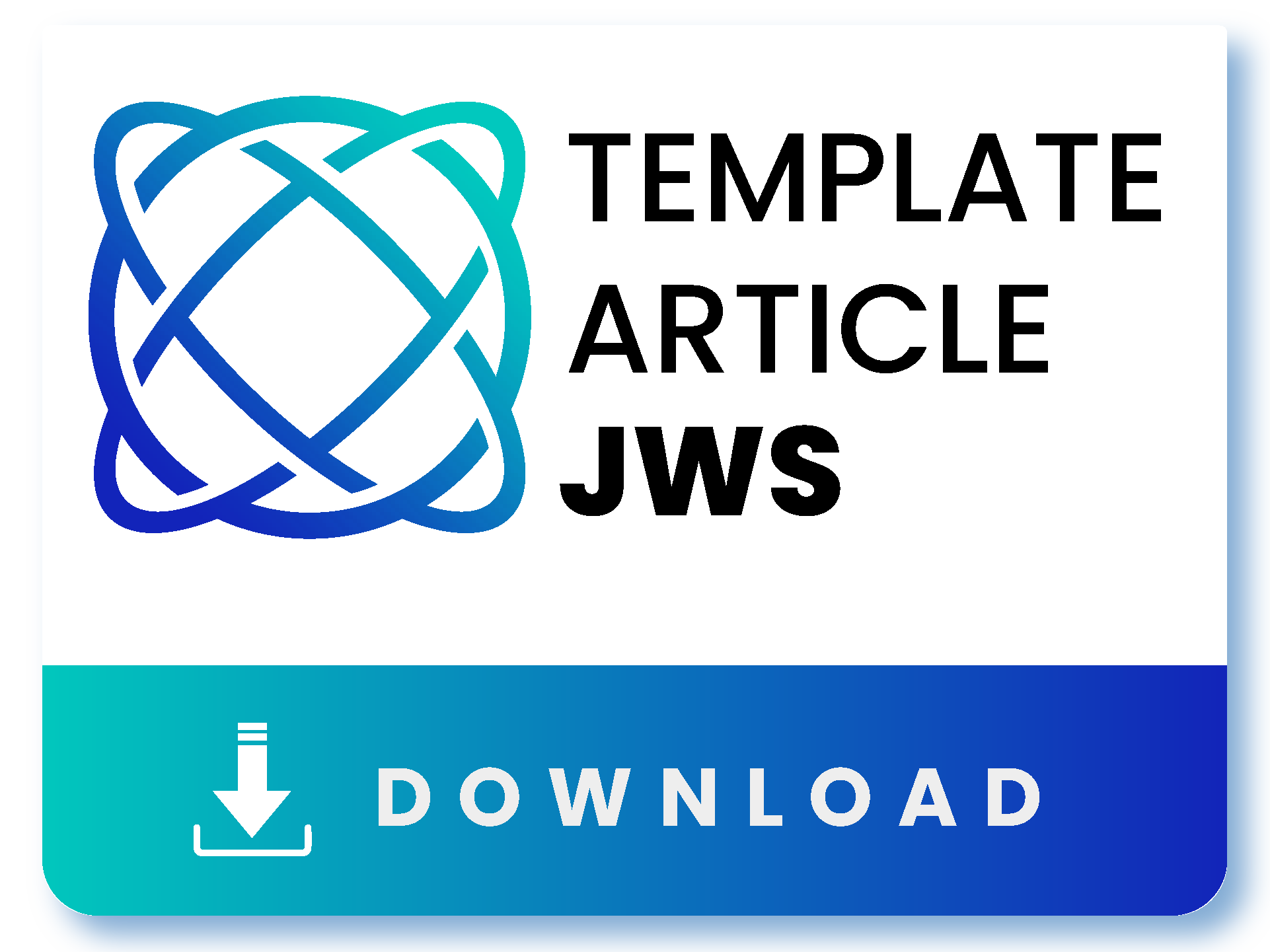Transforming Employee Motivation to Enhance Employee Performance at PT Bio Farma (Persero)
DOI:
https://doi.org/10.58344/jws.v2i2.221Keywords:
competency-based assessment, employee performance, motivation, talent mapping, performance managementAbstract
This study was conducted at PT Bio Farma (Persero). This Indonesian state-owned company focuses on the research and production of life-science products. During the last three years of implementing the Performance Management System, employee performance has decreased from 2019 – 2021. This study explores the decline in employee performance and the factors that cause it. The research was conducted using quantitative and qualitative analysis methods. The quantitative approach was performed through a survey involving 125 Bio Farma employees as respondents. The survey questions cover 5 (five) elements that can contribute to employee performance: shared values, leadership style, organizational culture, perceptions of organizational practices, and employee motivation. In comparison, the qualitative method was performed through interviews, observation, and internal documentation. To help find root causes and gaps, current practice conditions in the company are also discussed in this study. This study found that employee motivation is the main factor contributing to decreased performance, especially regarding career opportunities and the remuneration system. These business issues lead to proposed solutions to improve the career opportunity system at Bio Farma. Talent management is used in determining the future career of employees. This study suggests the application of competency-based assessment to obtain employee competency data that will be included in employee talent data. The proposed solution will be based on an implementation plan through the implementation of four main activities: identifying employee competencies, defining employee competencies, implementing competency-based assessments, and creating employee talent data which includes performance, potential and competency data.
References
Andriani, A. D., Mulyana, A., Widarnandana, I. G. D., Armunanto, A., Sumiati, I., Susanti, L., Siwiyanti, L., Nurlaila, Q., Pangestuti, D. D., & Dewi, I. C. (2022). Manajemen sumber daya manusia (Vol. 1). TOHAR MEDIA.
Buya, I. (2014). The role of performance management in effective service delivery: A case study of a county assembly in Kenya. International Journal of Social Sciences and Entrepreneurship, 1(13), 438–445.
Gog, M. (2015). Case study research. International Journal of Sales, Retailing & Marketing, 4(9), 33–41.
Grigoroudis, E., Orfanoudaki, E., & Zopounidis, C. (2012). Strategic performance measurement in a healthcare organisation: A multiple criteria approach based on balanced scorecard. Omega, 40(1), 104–119. https://doi.org/10.1016/j.omega.2011.04.001
Herzberg, F. (2017). Motivation to work. Routledge.
Iswati, T., Sari, D. S., & Rezasyah, T. (2022). Diplomasi Kesehatan Indonesia Di Kawasan Asia Afrika: Biofarma sebagai Pusat Penelitian dan Pengembangan Vaksin & Bioteknologi. Padjadjaran Journal of International Relations, 4(2), 124–145. https://doi.org/10.24198/padjir.v4i2.38180
Khan, A. A., Campus, A., Asab, M. Z., & Safdar, F. (2014). Performance Management System of “The City School Bahawalpur.” Information and Knowledge Management, 4(10).
Lestari, E. R. (2019). Manajemen Inovasi: Upaya Meraih Keunggulan Kompetitif. Universitas Brawijaya Press.
Mulyana, Awwal. (2018). Proposal to Improve Employee Performance by Designing Performance Management System, Case Study: PT Bio Farma (Persero). Bandung : Institut Teknologi Bandung
Neher, A., & Maley, J. (2020). Improving the effectiveness of the employee performance management process: A managerial values approach. International Journal of Productivity and Performance Management, 69(6), 1129–1152.
Ong, J. O., & Mahazan, M. (2020). Strategi pengelolaan sdm dalam peningkatan kinerja perusahaan berkelanjutan di era industri 4.0. Business Economic, Communication, and Social Sciences Journal (BECOSS), 2(1), 159–168. https://doi.org/10.21512/becossjournal.v2i1.6252
Rifa’i, H. M., & Fadhli, M. (2013). Manajemen organisasi. Cv. Pusdikra Mitra Jaya.
Robinson, O. C. (2014). Sampling in interview-based qualitative research: A theoretical and practical guide. Qualitative Research in Psychology, 11(1), 25–41. https://doi.org/10.1080/14780887.2013.801543
Siregar & Kartika. (2021). Talent Management Design Strategy for Non-Management Staff Positions at PT XYZ. Bogor : Bogor Agricultural University.
Sunarsi, D. (2018). Pengembangan Sumber Daya Manusia Strategik & Karakterisrik Sistem Pendukungnya: Sebuah Tinjauan. Jurnal Ilmiah MEA (Manajemen, Ekonomi, & Akuntansi), 2(3), 178–194. https://doi.org/10.31955/mea.v2i3.461
Touma, J. (2022). Performance Appraisal Effect on Compensation. Journal of Human Resource and Sustainability Studies, 10(1), 1–12. 10.4236/jhrss.2022.101001
Vosloban, R. I. (2012). The Influence of the Employee’s Performance on the company’s growth-a managerial perspective. Procedia Economics and Finance, 3, 660–665. https://doi.org/10.1016/S2212-5671(12)00211-0
Published
Issue
Section
License
Copyright (c) 2023 Journal of World Science

This work is licensed under a Creative Commons Attribution-ShareAlike 4.0 International License.
Authors who publish with this journal agree to the following terms:
- Authors retain copyright and grant the journal right of first publication with the work simultaneously licensed under a Creative Commons Attribution-ShareAlike 4.0 International. that allows others to share the work with an acknowledgement of the work's authorship and initial publication in this journal.
- Authors are able to enter into separate, additional contractual arrangements for the non-exclusive distribution of the journal's published version of the work (e.g., post it to an institutional repository or publish it in a book), with an acknowledgement of its initial publication in this journal.
- Authors are permitted and encouraged to post their work online (e.g., in institutional repositories or on their website) prior to and during the submission process, as it can lead to productive exchanges, as well as earlier and greater citation of published work.














